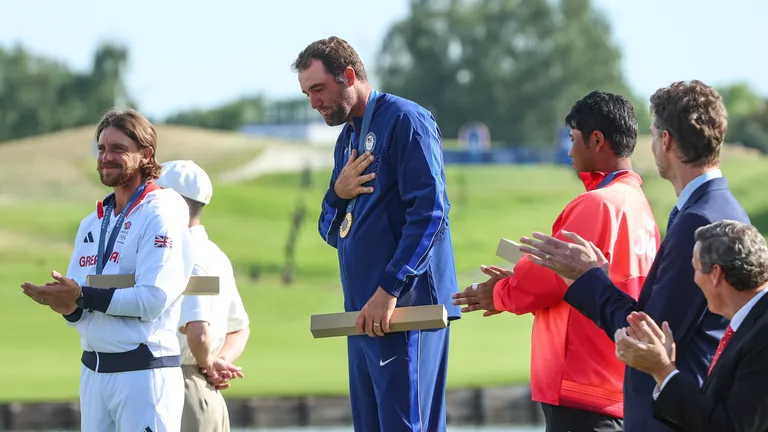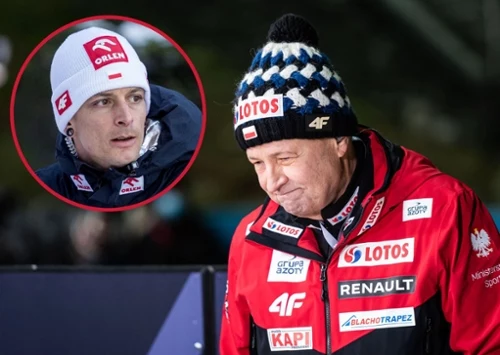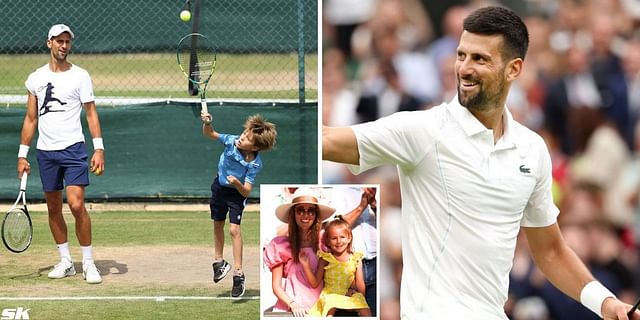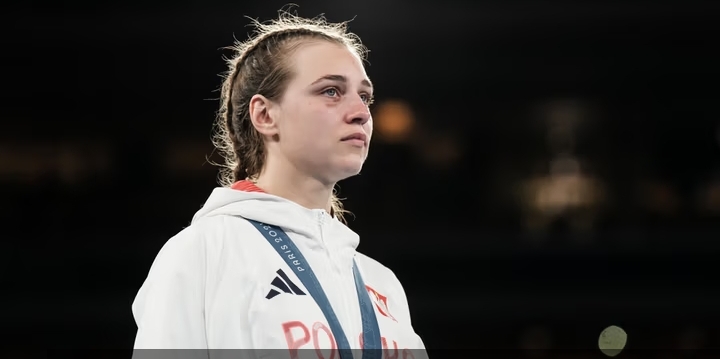Another Week For Golfers To Play Their Hearts Out For Their Countries Instead Of Their Bank Balances Can Only Be A Good Thing’
The Olympics has long been a showcase for the world’s top athletes across a range of sports, and golf’s reentry into the Games has provided an intriguing addition to the sporting spectacle. With the men’s Olympic golf tournament recently concluding in a dramatic fashion, it’s an opportune moment to assess golf’s place within the Olympic framework and evaluate its standing relative to other major events in the sport.
This year’s men’s Olympic golf tournament culminated in an exhilarating finish as World No. 1 Scottie Scheffler surged through a competitive leaderboard, overtaking notable names such as Tommy Fleetwood, Hideki Matsuyama, Rory McIlroy, and Jon Rahm to secure the gold medal. Golf’s inclusion in the Olympics marks its third appearance in over a century, signaling its increasing relevance and integration into the sport’s elite sphere.
For many, the Olympic golf tournament offered a compelling mix of excitement and drama, perhaps even surpassing other major golf events in terms of entertainment value. The competition was characterized by a barrage of birdies that added a sense of freedom and enjoyment to the viewing experience, which is crucial for attracting new fans to the sport. This lively atmosphere underscored golf’s potential for fun and engagement, contrasting with the more traditional, sometimes staid nature of other tournaments.
However, the excitement and appeal of the Olympics this year did not overshadow the remarkable quality of the four men’s Majors played in 2024. Each Major had its own unique allure, but the Olympics managed to capture the imagination with a diverse array of storylines and pivotal moments, particularly during the final stretch on Sunday. Despite this, the US Open was credited with delivering the most thrilling conclusion of the year, demonstrating the intense competition and high stakes inherent in Major tournaments.
The Olympics’ significance in the golf landscape is complex. While there is no current push to introduce a fifth Major to the men’s calendar, the Olympics has demonstrated that it holds considerable value for many players. The emotional responses seen from athletes such as Scheffler, who was visibly moved on the podium, and Rahm, who expressed his disappointment at missing out on a medal, reflect the profound personal and professional significance attached to Olympic success. This suggests that, given time and further development, the Olympic golf events—both men’s and women’s—have the potential to become iconic fixtures in the sport.
Le Golf National, the venue for this year’s men’s Olympic event, lived up to expectations by providing a top-notch golfing experience. The absence of any mention of monetary rewards during the tournament contributed positively to the overall viewing experience, highlighting the purity and spirit of the competition. This departure from the often financial-centric narrative of golf in recent years offered a refreshing perspective on the sport’s Olympic presentation.
When golf was reintroduced to the Olympics in 2016, there was a degree of skepticism about its place in the Games. However, the enthusiasm and high level of competition observed over the years have solidified golf’s role within the Olympic framework. The event’s growing stature is evident in the increasing number of fans and the high standard of play.
Though still in its nascent stages, there is room for improvement, particularly regarding the qualification process. Nevertheless, the drama and excitement of the Olympic golf tournaments have proven that they hold substantial value and can stand shoulder to shoulder with golf’s premier events. Like the Ryder Cup, which is celebrated for its team-based format and historical significance, the Olympics holds a unique position due to its quadrennial occurrence and the sense of national pride it evokes.
Comments from top players such as Jon Rahm and Rory McIlroy further underscore the Olympic Games’ importance. Both athletes have highlighted the Ryder Cup and the Olympics as the two most meaningful weeks of their careers, emphasizing the significance of these events beyond financial considerations. Their sentiments suggest that the prestige of winning an Olympic gold medal is set to increase in the coming years, particularly for the 2028 and 2032 Games.
In conclusion, the Olympics has firmly established itself as a significant event in the golf calendar, offering a distinct and valuable addition to the sport’s landscape. With its blend of global competition, emotional stakes, and high-quality play, the Olympic golf tournaments are poised to continue their rise in prominence, complementing the storied traditions of golf’s Majors and other key events.






